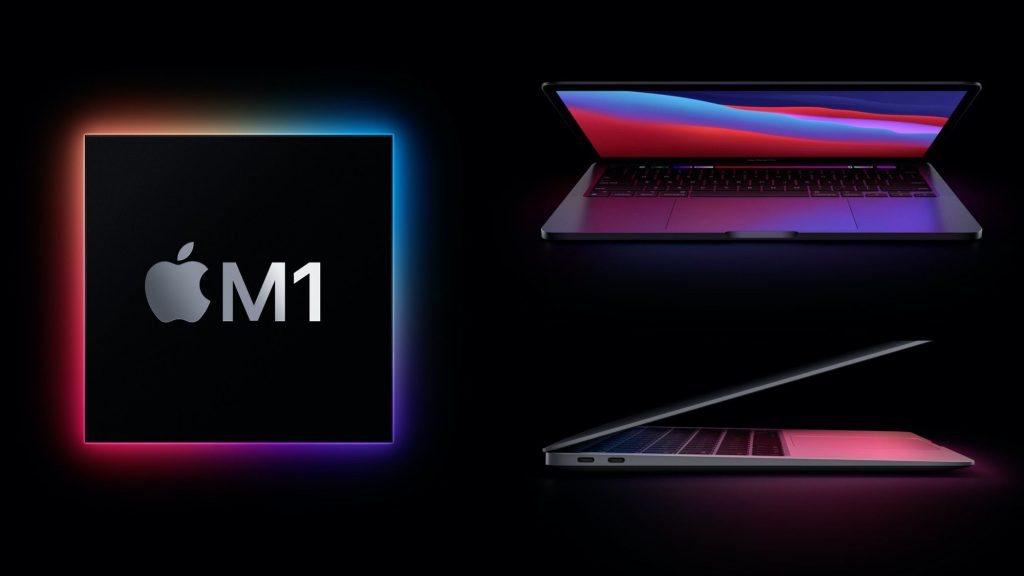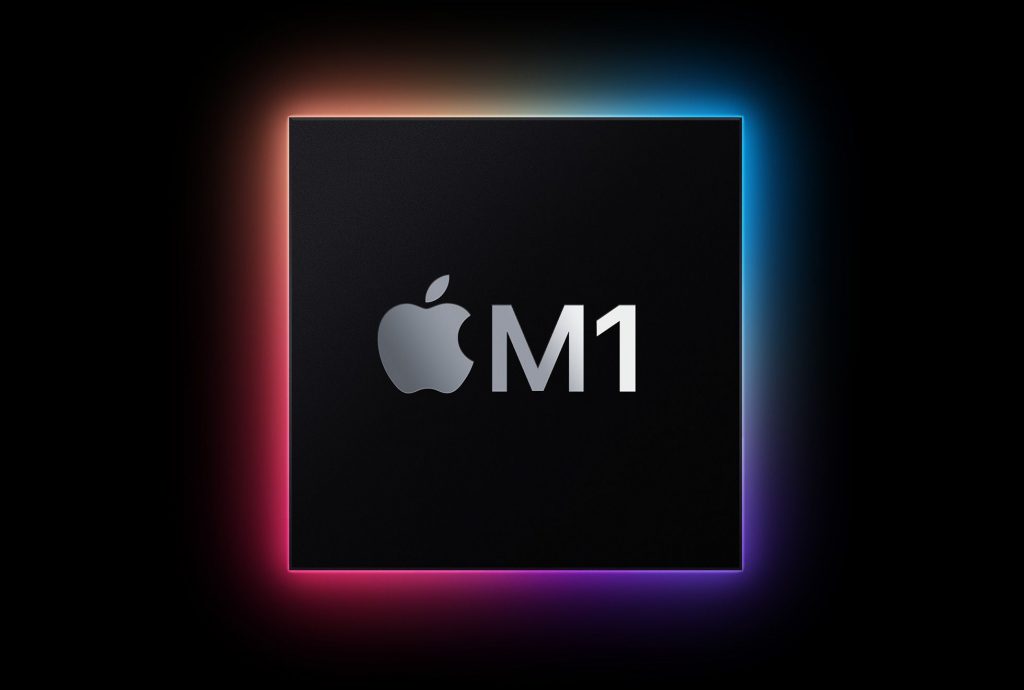Apple Platform Security Guide updated highlighting changes that came up with the M1 chip
On 19th February 2021, Apple updated the company’s Platform Security Guide highlighting all the new changes that have been implemented to iPhone, iPad, and Mac. Apple has updated the Platform Security Guide in a detailed fashion mentioning every detail about all the features used by Apple to protect user data. Apple has tried to increase the transparency between the company and the users so that they have an idea about how their devices and data are kept protected across any platform.
The new Platform Security Guide is the lengthiest guide of the company ever consisting of a 200-page detailed guide and information. But, the most highlighted information in the guide is about the M1 chip and all the new updates regarding security changes due to the same. Apple released the M1 chip last year and has also changed some security features accordingly.
Apple Platform Security Guide
After Apple released the last update of Platform Security Guide, it took the company ten long months to release the recent version. The main gadgets that have been focused on in this updated guide are iOS 14.3, iPad 14.3, macOS Big Sur 11.1, tvOS 14.3, and watchOS 7.2 (Gadgets 360). In the new Platform Security Guide, Apple has mainly focused on the security changes of Mac users through the new Apple M1 chip. There are eleven new topics regarding security changes and features that have introduced in the new guide.

According to the updated guide, there are security elements that will be able to provide the new Mac machines with a secure boot process. The Apple computers that are based on the new M1 silicon chip can enable kernel extensions in the devices. And, the authorization requirements for enabling this extension are also mentioned in the security guide.
In spite of the 200-page security guide mostly concerning the new M1 chip-enabled devices, Patrick Wardle, a security researcher has mentioned that M1-enabled Apple devices are still not fully secured. But, with software updates, the issues will be fixed in near future.
Security changes in iPhone and iPad
Apart from the changes that are followed by Apple’s M1 chip, the security guide also mentions the security changes for iPad and iPhone through the iOS14 updates. One of the most important iOS 14 and iPadOS 14 updates includes the iBoot implementation which is exclusively for the iPhones that are based on Apple A13 Bionic and above. In the case of iPads, the update is for the iPads fueled by Apple A14 Bionic chips. Apple has also updated the overall user experience by updating the silicon in iPad, iPhone, and Mac to T2 chip and AES hardware engine. This was incorporated to implement line-speed encryption.
Biometric Security System
Along with these updates, Apple has also included a set of changes for both its hardware and software division for the not-so-knew devices to uplift their security. One of the biggest changes that Apple has brought in its devices is face recognition and touch recognition adding an extra layer of security. Biometric security is becoming very popular recently and almost implemented in every smart device for the protection of data and devices. The conventional password protection is present along with that biometrics are added for a better user experience.
The previous reports have shown that around 51 percent of the total Apple users don’t prefer setting a password for their devices, because it takes too much effort to set a passcode and type it every time you unlock the device. So, even when there is a choice to provide security, many people choose not to set a passcode only because they have to give extra effort. But, after Apple introduced the Touch ID and Face ID, around 92 percent of Apple users switched to biometric authentication.
Every company strives to strengthen its security to the topmost level but glitches are found sooner or later. Many researchers often find bugs in the Apple security system and the company has even faced lawsuits due to this. Apple has also faced lawsuits due to copyright infringements in the anime of enhancing security systems. But, with the new updates, maybe the bugs will reduce and the overall user experience will improve.

Annasha Dey is an NIT student, who apart from studying engineering is also a content writer. She has a great interest in photography, writing, reading novels, and travelling as well. She is a foodie who loves socializing and hanging out with her friends. She is also a trained Kathak dancer and a big fashion enthusiast. Dey also loves watching TV series, which includes F.R.I.E.N.D.S. and Big Bang Theory. To be a better writer she prefers to read more


